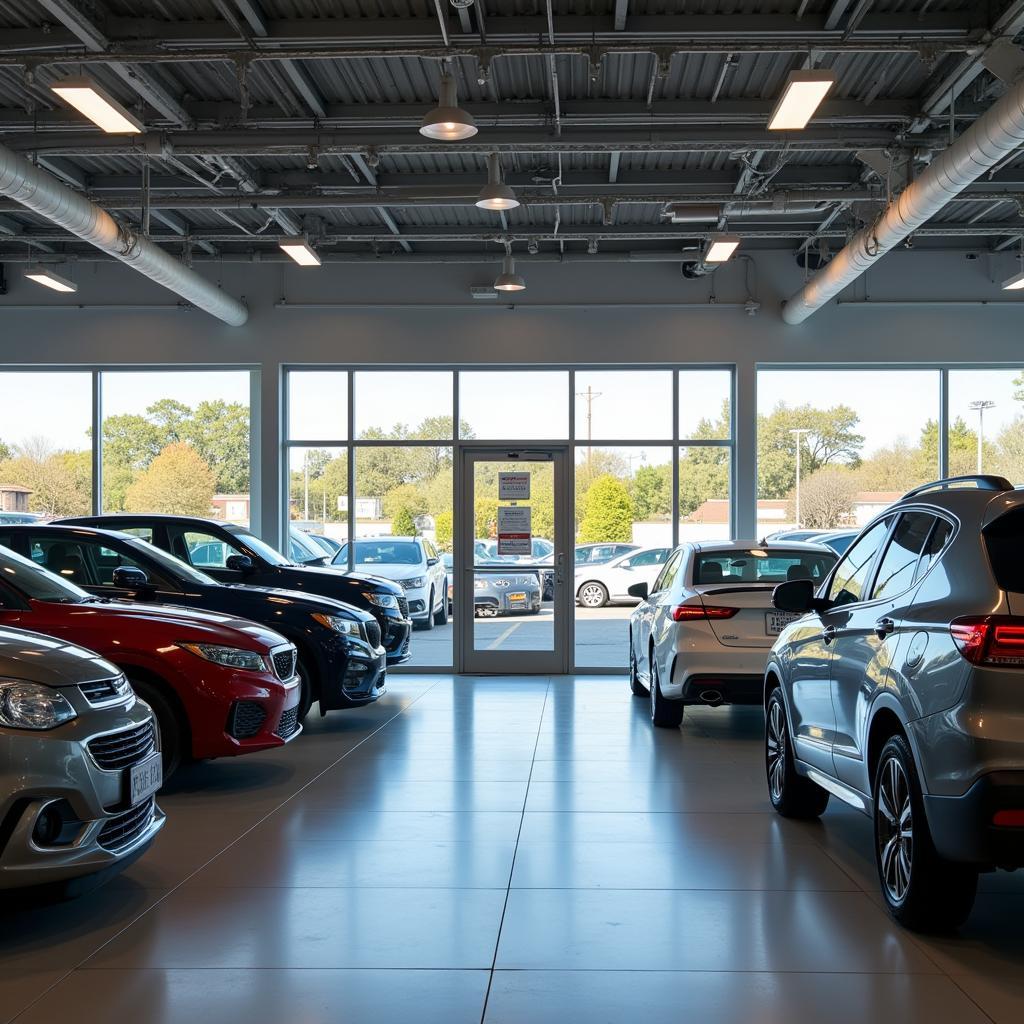Is a Car Dealership an Essential Service?
The question of whether a car dealership is an essential service has been a hot topic, especially in recent years. When lockdowns and restrictions were put in place during the COVID-19 pandemic, many businesses were forced to close their doors. Some industries, however, were deemed essential and allowed to operate, albeit with modifications. This sparked debate about which businesses truly fell into this category, with car dealerships occupying a particularly gray area.
Navigating the Essential vs. Non-Essential Divide
The definition of an “essential service” can vary depending on local regulations and government mandates. Generally, essential services are those crucial for the health, safety, and well-being of the public. They typically include healthcare providers, grocery stores, pharmacies, and utilities.
Car dealerships, while providing valuable services, don’t always fall under these strict definitions. After all, you don’t need a new car to survive.
 Car Dealership Closed During Pandemic
Car Dealership Closed During Pandemic
The Case for Car Dealerships as Essential Services
However, there are strong arguments to be made for considering certain aspects of car dealerships as essential, particularly:
- Emergency and Essential Vehicle Repair: Mechanics are crucial for maintaining the functionality of vehicles used by essential workers, such as healthcare professionals, law enforcement, and delivery drivers.
- Public Transportation Alternatives: For many, personal vehicles are their only reliable mode of transportation, especially in areas with limited public transit options. Access to car repairs and purchases ensures people can commute to work, access essential services, and care for their families.
- Supply Chain and Logistics: The automotive industry plays a significant role in the larger supply chain. Car dealerships facilitate the movement of goods and services by providing vehicles for businesses involved in transportation and logistics.
The Impact of Classifications on the Industry and Consumers
Classifying car dealerships as an essential service can have significant implications:
- Economic Impact: Keeping dealerships open, even in a limited capacity, helps protect jobs and maintain a vital part of the economy.
- Consumer Access: It ensures individuals and families can access reliable transportation, particularly in emergency situations.
- Industry Adaptability: It encourages dealerships to innovate and adapt their services to meet changing needs, such as offering online sales and contactless delivery options.
The Future of Car Dealerships in a Changing World
The debate about essential services highlights the evolving role of car dealerships. While the industry has faced criticism in the past for traditional sales practices, many are embracing technology and customer-centric approaches.
As we move forward, car dealerships that prioritize transparency, convenience, and comprehensive services (including robust online platforms, flexible financing options, and top-notch repair facilities) will be better positioned to thrive.
The definition of “essential” might continue to be debated, but by adapting and prioritizing customer needs, car dealerships can solidify their place as a valuable service provider in the long term.
